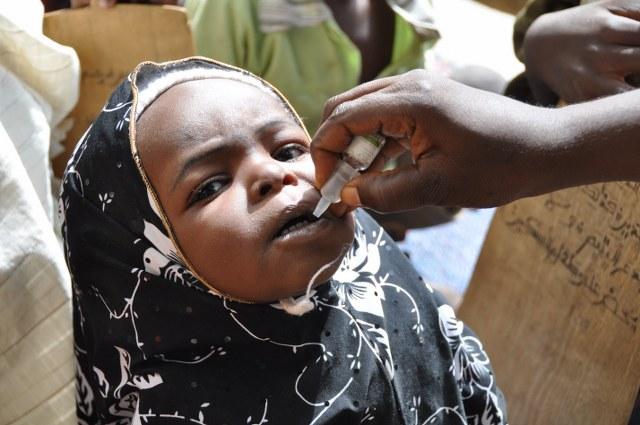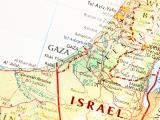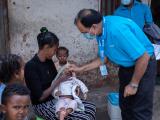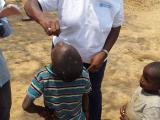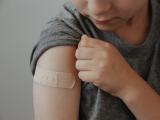Based on a World Health Organization (WHO) emergency committee's recommendation, Director-General Margaret Chan, MD, MPH, today declared that the international spread of wild poliovirus so far this year is a public health emergency, and she spelled out temporary steps for curbing the threat to other countries.
The 14-member WHO emergency committee met by teleconference on Apr 28 and 29 to discuss an increase in the international spread of the disease that has been ongoing since about May 2013, according to a statement. So far this year, a time of year typically considered the low-transmission season for polio, global health officials have already seen international spread of wild poliovirus from 3 of the 10 countries currently infected: from Pakistan to Afghanistan, Syria to Iraq, and Cameroon to Equatorial Guinea.
Polio experts have worried that the pattern of exported cases could threaten a three-decade-long global effort to eradicate the disease.
By the end of 2013, 60% of polio cases resulted from international spread, with increasing evidence that adult travelers are fueling those cases, according to the WHO. New measures are needed to prevent more cases as the season shifts into its high-transmission period, when cases typically spike in May and June, said the agency.
Polio cases this year
At a media telebriefing today, Bruce Aylward, MD, MPH, the WHO assistant director-general who handles polio, said so far there have been 74 wild poliovirus cases this year, 59 of them from Pakistan, of which 49 were from the federally administered tribal areas (FATA). He added that the most recent case onset was late April. "By contrast, no other country this year has reported more than four cases, and the only country with four was Afghanistan," he said. Cameroon and Syria, the other countries that exported cases, have reported three cases, with the last reported case in January.
"So while the virus has resurged, I think it reminds us that until it's eradicated it is going to spread internationally and it's going to find and paralyze susceptible kids," Aylward said. "The current conflict situations that we're dealing with globally further complicate the implementation of the strategies but so far have not proven a barrier to the ability to interrupt it altogether."
After the emergency committee heard from its expert advisers, WHO officials, and representatives from nine affected countries, it said that the international spread of polio this year is an "extraordinary event," posing a public health risk to other countries that requires a coordinated international response.
"If unchecked, this situation could result in failure to eradicate globally one of the world's most serious vaccine preventable diseases," the WHO said. The threat is especially high due to the large number of polio-free but conflict-torn and fragile countries that have weak routine immunization services, which would hamstring response activities if polio were reintroduced.
Temporary recommendations
The emergency committee issued two sets of temporary recommendations, one for Pakistan, Cameroon, and Syria—the three countries that have recently exported cases, and one for seven other countries that pose a risk: Afghanistan, Equatorial Guinea, Ethiopia, Iraq, Israel, Somalia, and especially Nigeria. It urged health officials in both sets of countries to declare interrupting poliovirus transmission a national public health emergency and ensure that residents and long-term visitors receive a dose of oral poliovirus vaccine (OPV) or inactivated poliovirus vaccine (IPV) 4 weeks to 12 months before international travel.
For Pakistan, Cameroon, and Syria, the WHO urged those who need to travel urgently (within 4 weeks) who have not been vaccinated in the past 4 to 12 months to receive a dose by departure time, which would still be beneficial, especially for frequent travelers.
Experts also made recommendations about immunization documentation for travelers, asking health officials in the highest risk countries to ensure that travelers are given certificates that provide proof of vaccination, as specified in the 2005 International Health Regulations (IHR). For the other countries, it recommended that vaccinated travelers have documents that reflect their polio vaccination status. They also laid out stipulations for what it would take to be removed from the high-risk lists.
Chan asked the emergency committee to reassess the situation in 3 months to determine if the temporary recommendations should be extended. Today's public health emergency declaration by the WHO is its first since the 2009 H1N1 pandemic.
See also:
May 5 WHO statement
